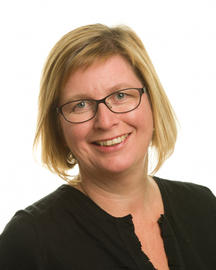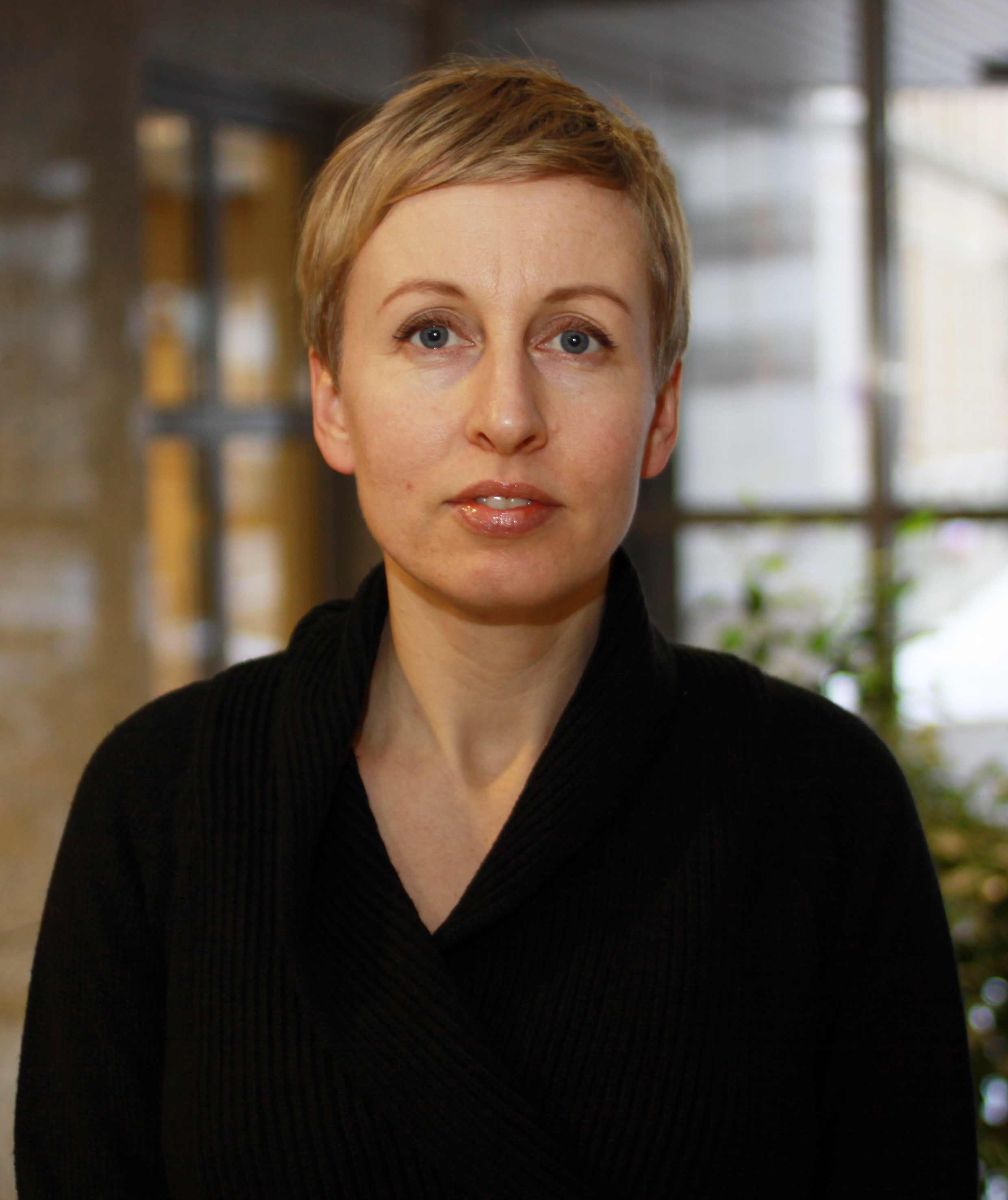New study on ethnic minorities' career paths in research
Research on ethnic minorities in academia is mostly non-existent in Norway. Now the research institutes AFI and NIFU have been commissioned to remedy this situation.
There is too little knowledge about career development for ethnic minorities and the barriers they face in higher education and research to even consider any preferential treatment measures.
Now the Committee for Gender Balance and Diversity in Research (the KIF Committee) has commissioned the Work Research Institute (AFI) and the Nordic Institute for Studies in Innovation, Research and Education (NIFU) to acquire knowledge about this important issue.
Kifinfo.no has spoken with the head of the KIF Committee’s work group and the researchers who will carry out the project. The goal of the study is to give the KIF Committee advice and input on how the research sector can increase ethnic diversity.
High level of expertise in the field
Elisabet Ljunggren is head of the KIF Committee’s work group that assessed the candidates for the commissioned project.
“You had many highly-qualified candidates apply for the commission. AFI and NIFU came out on top. Why did you choose those two institutes in particular?”
“AFI and NIFU submitted a joint application. They have an exceptionally good overview of career development in academia and a high level of expertise in the field. They proposed using a combination of quantitative and qualitative methods that we were very pleased with. The fact that they are also so familiar with academia was a major advantage.”
Focus on the Nordic countries
“What do you expect now?”
“We expect to learn more about a field that is under-researched in Norway. We have primarily asked for research on the field in a Nordic context. There is research in the US and the UK, but academia works differently in the Nordic countries than in the US. This is why we need to contextualize the knowledge. It’s important for us to know something about career paths and potential barriers. Which subject areas have the greatest barriers? Are ethnic minorities more likely to abandon a research career? Does discrimination exist? Do ethnic minorities find jobs after their education? Right now we don’t know what the status is, so it’s difficult for us to make recommendations to the institutions.”

“The KIF Committee has been asking for more knowledge in this field for a long time. How will you use the knowledge?”
“The KIF Committee’s task is to give input on how the research sector should work with gender equality and ethnic diversity. We hope to end up with knowledge that we can bring to the sector so that we achieve a more balanced and diverse academic community.”
Support for quotas for women but not for minorities
“Do the lack of gender balance and the lack of diversity share any commonalities, or are they two very different problems that require different measures?”
“They are probably both related and very different. There can be different mechanisms underlying different forms of discrimination. Usually several types of discrimination work together and intensify each other. This is a complex field.”
“Some measures that are easy to argue for in terms of gender equality are more difficult to gain support for if you are working with diversity. An example of this is attitudes towards moderate quotas: We know that 7 of 10 people think quotas are an appropriate measure to use for women, but only 3 of 10 think quotas should be used for immigrants. There are varying levels of acceptance for the kind of measures that are used vis-à-vis different target groups. One explanation for this is that women comprise half of the population, while ethnic minorities in Norway represent only 15 percent. In addition, many people in Norway don’t realize how much discrimination actually goes on because most of them don’t experience discrimination and it’s hard for them to fully comprehend what it can mean.”
“When will the report be completed?”
“It will be finished around Christmas.”
“How do you plan to follow up the report when it’s completed? Will you have a high-profile launch, a seminar or another type of event to draw attention to the report?”
“Yes, I think that’s a great idea! We should have an official launch, but we have no specific plans yet. I suppose we will try to compile and publish a small booklet with advice that we can take with us and distribute during institutional visits, as well as publish on kifinfo.no. This is knowledge that must be shared throughout Norway.”
A timely study
Cathrine Egeland is the project manager for the study, and works as a researcher at the Work Research Institute (AFI).
“Congratulations on the commission! What happens next with the project?”

“Thank you! We think it’s very gratifying and timely that the KIF Committee has taken the initiative on this project since very little research has been conducted on ethnic diversity in academia – both in Norway and in the other Nordic countries. AFI and NIFU have worked together before on projects on gender balance in academia, and we are looking forward to contributing to a field that so far is under-researched in Norway.”
“We will analyse datasets that already exist and conduct case studies at three different institutions – two from the university and university college sector and one from the research institute sector. We will soon begin recruiting informants for the case study, and we have started a literature review in which we look at the relevant research literature in Norway and the other Nordic countries. In this connection we will collaborate with Paula Mählk of Stockholm University and Mette Andersson of the University of Oslo, both of whom are key players in this field in the Nordic region.”
Must look at internal recruitment
“What knowledge already exists in the field, and do you already have assumptions about what you will find?”
“Studies of lack of equality in academic career paths in Norway have previously focused mainly on gender. Although we will look at barriers related to ethnic diversity, it is also important that we don’t forget to view ethnicity in connection with both gender and class.”
“We want to take a closer look at the significance of internal recruitment, as well as at the disciplinary culture and the workplace and organizational culture in various parts of Norwegian academia. We will also study whether there are defining features of various disciplinary cultures, daily practices or organizational cultures that function, if not as directly discriminatory, then as indirectly exclusionary on certain groups.”
“The KIF Committee would like more reliable knowledge about ethnic minorities in academia. But the terms ‘ethnicity’ and ‘immigrant background’ don’t necessarily mean the same thing, do they?”
“In this project we will try to obtain knowledge about the career paths of both international researchers and researchers with an immigrant background who have grown up in Norway.”
Will make recommendations
“Will the KIF Committee be able to use the diversity report to give specific advice on how to increase diversity in the research sector?”
“A key objective of this project is to be able to make knowledge-based recommendations regarding institutional practice and further research.”
Translated by Connie Stultz.
The Committee for Gender Balance and Diversity in Research (the KIF Committee) announced earlier this year funding for a study of the situation for ethnic minorities in academia.
The project’s objective is to generate knowledge about the types of challenges and opportunities encountered by people with an immigrant background with regard to career development in academia.
Budget: The commissioned project has a maximum financial framework of NOK 600 000 including VAT.


